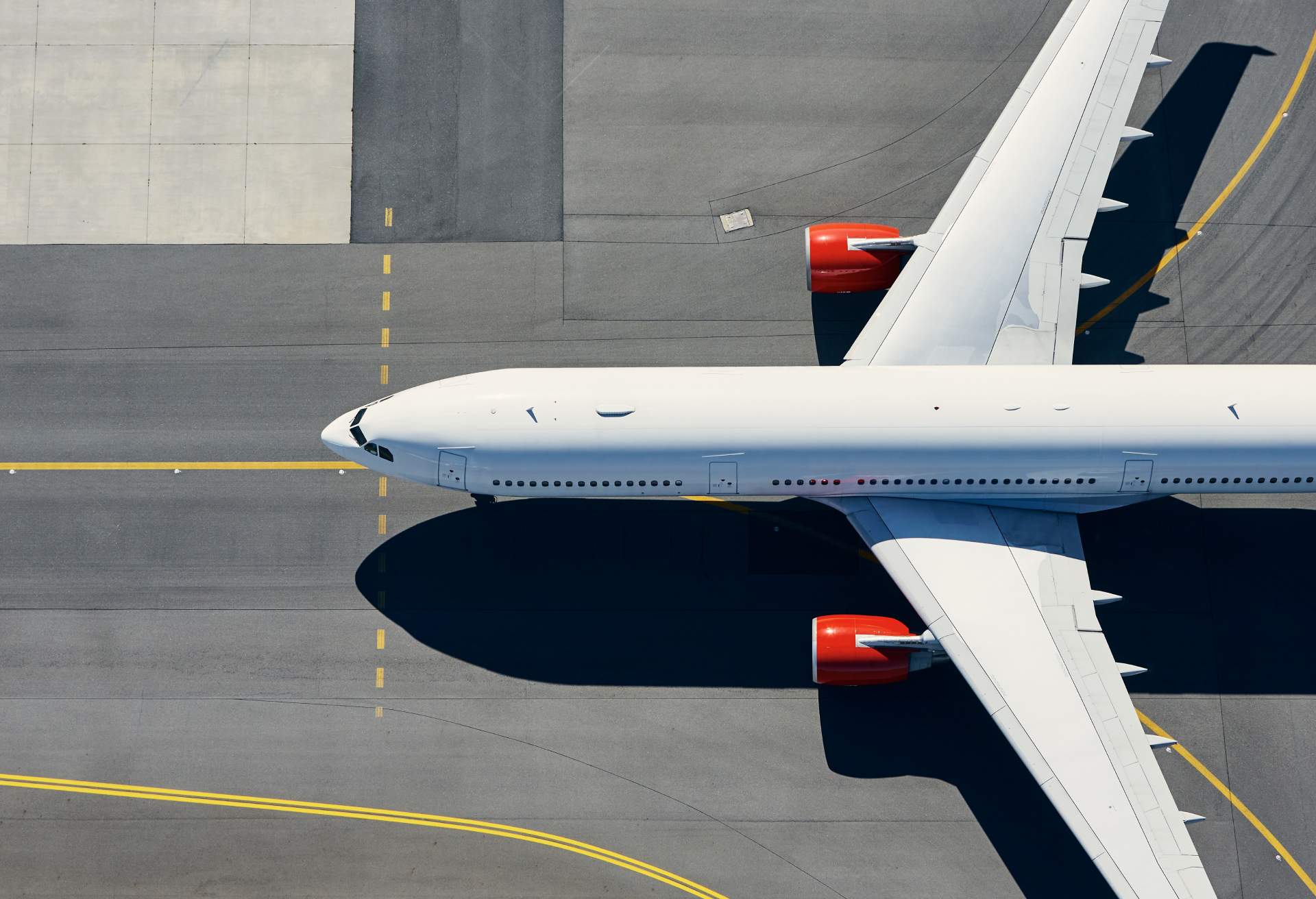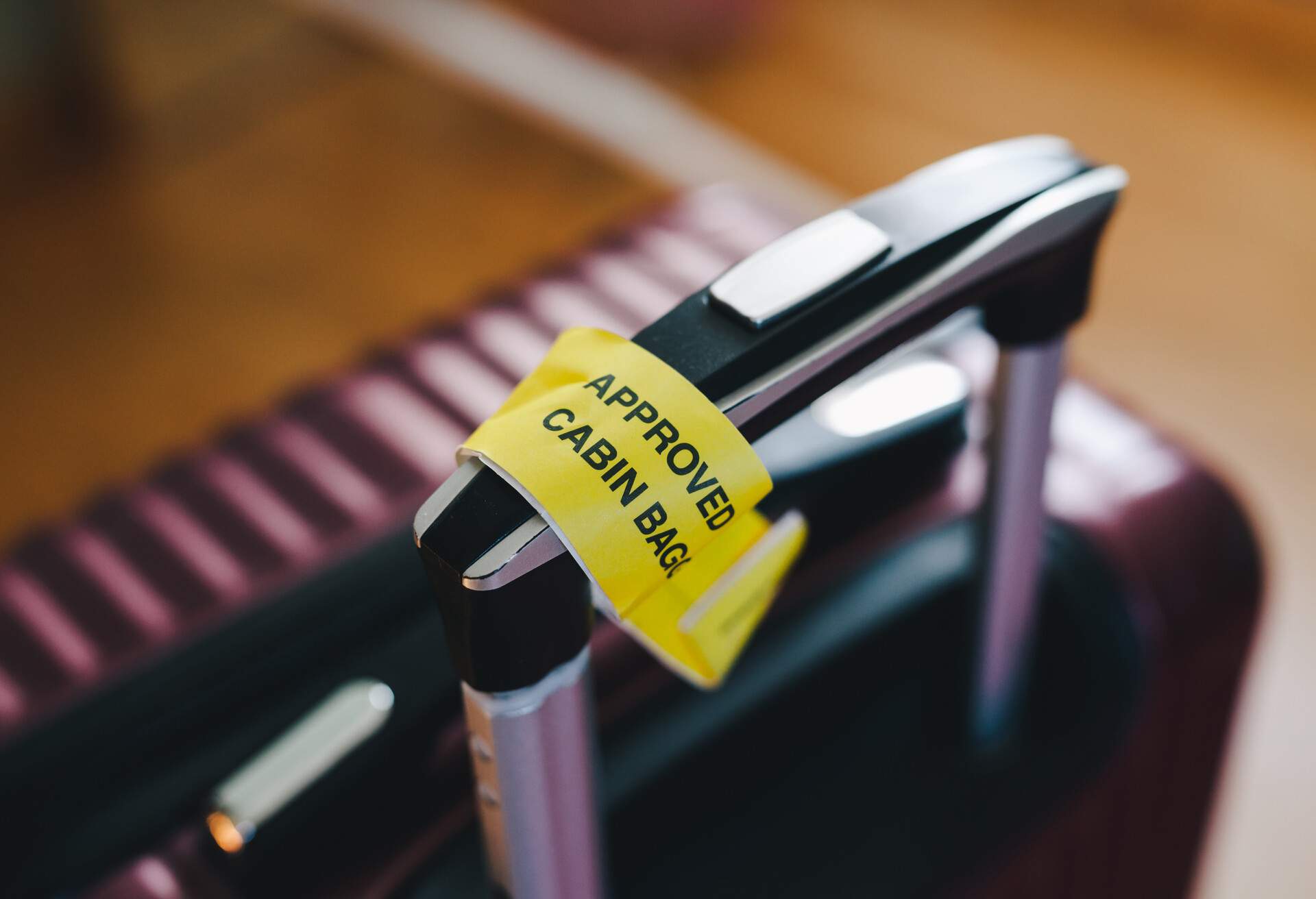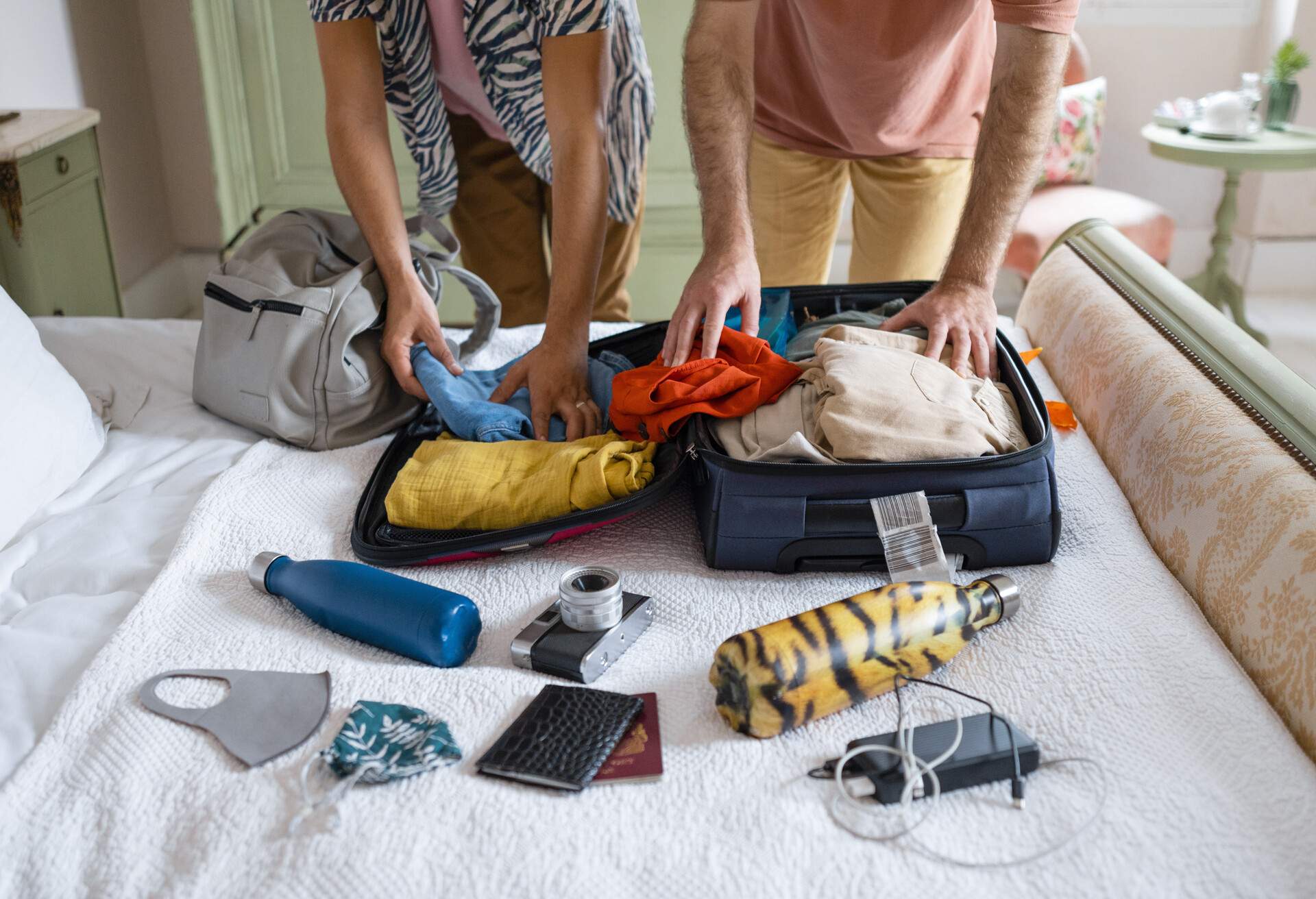With the recent announcement that Frontier and Spirit Airlines are looking to join forces, there’s no time like the present to remind you that there’s a lot to love about budget airlines… if you know how to use them.
Why is an airline considered “budget”?
Being labeled as budget is really a matter of perks. These low-cost carriers often have price points much lower than larger airlines. They’re able to do so due to the fact that they’ve trimmed operating expenses. So in many of these airlines, you’ll just get the basics – and anything over will cost you extra (think: carry-on baggage, soda and snacks during the flight, any form of entertainment).
There are other ways they save on costs as well. By operating mostly short-distance flights and limiting the number of routes (or even days they fly), airlines are able to cut down on fuel and staffing costs. By flying out of smaller airports, the fees the airlines pay to the airport may be lower than those of larger, international hubs. And many of these airlines only use one type – or model – of aircraft, keeping maintenance costs lower as well.
Does that mean they’re less safe?
No – while the budget airline memes you see on social media are tight, these carriers are no less/more safe than their larger counterparts. Regulation within the industry, safety standards and a general agreement that it’s good business to be safe ensures the same or similar level of safety as with larger companies.
How is this different from basic economy?
Basic economy came from major carriers “unbundling” their fare classes – which was brought on predominantly by the competition from budget airlines (and from larger airlines seeing just how much cash money their low-cost counterparts were making). The main difference is that with basic economy flights, you usually have the option to upgrade. Like, you have to consciously choose the no-frills option when you book, whereas with budget airlines, no-frills IS the option.
What are some of the advantages of flying budget?
Beyond having the potential to save you money – there are other advantages to choosing this option. For one, budget airlines typically serve smaller airports. So if you’re trying to catch a flight from, say, Newburgh, NY to Punta Gorda, FL – because both those cities are closer to your ultimate origin/destination – then it’s worth the no-frills approach.
Low-cost carriers are also great for last-minute, short-haul flights. You know, those times when you just need to get from A to B with a change of clothes or two.
They can also be super efficient – with no priority boarding or waiting for first class to get situated or watching passengers struggle with clunky bags in the overhead, the boarding process can sometimes go faster.
They’re also helpful if you need to get away from your travel companion for a few hours (“sorry, getting seats together was an extra cost! Have fun in the back – see you in the terminal”). We kid, of course…
What are some things to watch out for?
No frills is no frills. You’ll have to pay up for every comfort – from bringing a bag onboard to refreshments in-flight. At least pre-COVID, “no change fees” was never an option, though many budget carriers now have that available… for an extra cost of course. And many fleets aren’t equipped with WiFi or TV screens on-board, so you’re SOL if your tablet runs out of juice.
Here are some of the most common things you can expect to pay for out of pocket:
- Seat selection
- Carry-on baggage
- Printing out your boarding pass at the airport
- Priority boarding order (if offered)
- Any drink on-board
- Any snack on-board
- Headphones
- “Passenger usage charge” for booking online vs. directly at the airport (who does that??)
And while these things aren’t necessarily costs… they can cost you your sanity:
- Long bag drop lines
- Few communication options (for things like gate or terminal changes)
- No (or limited) extra legroom options
What budget airlines are available on KAYAK?
For US travelers, KAYAK searches hundreds of travel sites for low-cost flight options including Spirit, Frontier, Breeze Airways, Sun Country and several more.
And if your company is a member of KAYAK for Business (it’s free), we can even show you Southwest’s corporate fares. Sign your team up.
So it remains to be seen what’ll happen with the Frontier-Spirit planned merge, or if it’ll even pass regulation. But the next time you’re planning a quick trip, don’t filter out budget options – they may be exactly what you need.






